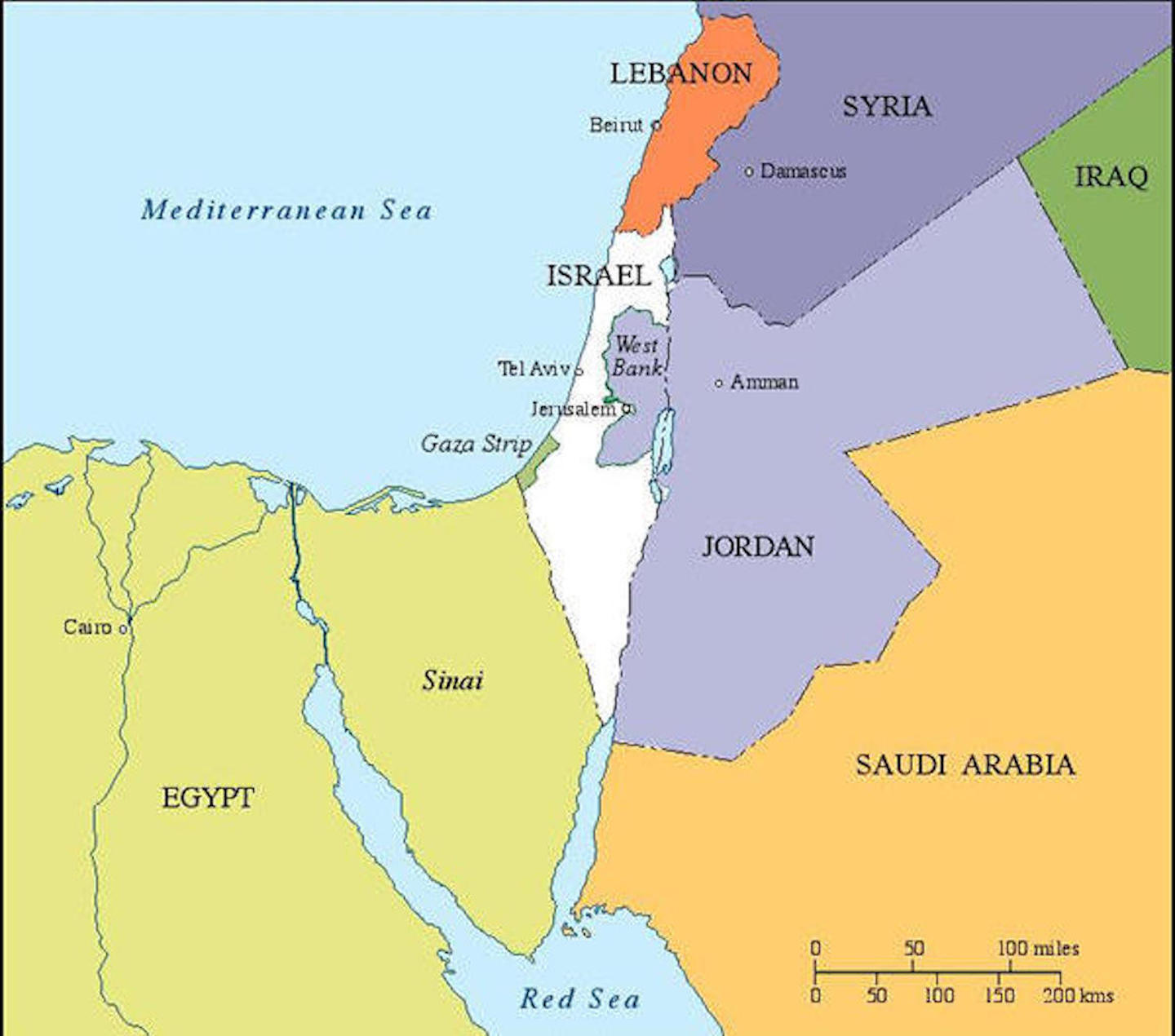Current Time in Israel

Israel operates on two time zones: Israel Standard Time (IST) and Israel Summer Time (IDT). Understanding the difference between these two time zones is essential for anyone planning a trip to Israel or communicating with people in the region.
Time Zone Differences
The difference between IST and IDT is one hour. Israel observes daylight saving time, which means that the clocks are moved forward by one hour during the summer months. This is done to make better use of daylight hours.
- Israel Standard Time (IST): This is the standard time zone used in Israel during the winter months. IST is equivalent to UTC+2.
- Israel Summer Time (IDT): This is the time zone used in Israel during the summer months. IDT is equivalent to UTC+3.
Daylight Saving Time in Israel
Israel observes daylight saving time from the last Friday in March to the last Friday in October. This means that the clocks are moved forward by one hour at 2:00 AM on the last Friday in March, and they are moved back by one hour at 2:00 AM on the last Friday in October.
Online Time Zone Converter
A reliable online time zone converter can be used to see the current time in Israel compared to other locations. This can be helpful for planning calls, meetings, or travel. A popular and reliable time zone converter is available at [link to a reliable online time zone converter]. This website allows users to input two locations and see the current time in both locations.
Time Zones in Israel: Israel Time Right Now

Israel’s time zones have evolved over its history, reflecting the country’s political and geographical circumstances. This section delves into the various time zones used in Israel, comparing them to the current time zone and exploring the reasons behind any changes.
Historical Time Zones
The time zones used in Israel have varied throughout its history, influenced by factors such as its geographical location, political affiliations, and the desire for consistency with neighboring countries.
- Ottoman Era (1516-1917): During the Ottoman rule, Palestine, which included the territory that is now Israel, followed the time zone of the Ottoman Empire, which was based on the local solar time of Istanbul. This meant that different parts of Palestine, including the region that is now Israel, had slightly different times.
- British Mandate (1917-1948): Under British rule, Palestine adopted a time zone based on the local solar time of Jerusalem. This time zone, known as Palestine Time, was two hours ahead of Greenwich Mean Time (GMT). It aimed to synchronize time within the mandate territory and align with the time zones of neighboring countries.
- Early Years of Statehood (1948-1949): Following the establishment of the State of Israel in 1948, the country initially continued to use Palestine Time. However, this time zone was not aligned with the time zones of neighboring countries, leading to logistical challenges in trade and communication.
Current Time Zone
Israel currently uses Israel Standard Time (IST), which is three hours ahead of GMT. This time zone was adopted in 1949 to align with the time zones of neighboring countries, particularly Egypt and Jordan. It also aimed to simplify timekeeping and facilitate communication within the region.
Reasons for Changes in Time Zones
The changes in time zones in Israel have been driven by a combination of factors, including:
- Political Affiliation: During the Ottoman era, the time zone was aligned with the Ottoman Empire’s time zone. Under the British Mandate, Palestine adopted a time zone that reflected its colonial status. After independence, Israel sought to establish its own identity and align with its neighbors.
- Geographical Location: Israel’s location in the Middle East, between Europe, Africa, and Asia, has influenced its time zone choices. The country has sought to align its time zone with those of its neighbors to facilitate trade and communication.
- Practical Considerations: The adoption of Israel Standard Time in 1949 was driven by practical considerations, such as simplifying timekeeping and ensuring consistency with neighboring countries. This facilitated communication, trade, and transportation within the region.
Time and Culture in Israel

Time in Israel is deeply intertwined with its cultural fabric, reflecting the country’s diverse heritage and religious traditions. Understanding the nuances of timekeeping in Israel provides insights into the country’s social norms, daily rhythms, and the significance of religious observances.
Punctuality, Scheduling, and Pace of Life, Israel time right now
Punctuality and scheduling in Israel can vary depending on the context. While business meetings and formal appointments generally adhere to strict timekeeping, social gatherings and casual events often have a more relaxed approach. The pace of life in Israel is generally fast-paced, with a strong emphasis on efficiency and productivity. However, this can be tempered by the importance of family and social connections, which often take precedence over strict adherence to schedules.
Impact of Religious Practices on Timekeeping
Religious practices have a profound influence on timekeeping in Israel, particularly for the Jewish population. The Jewish calendar, based on lunar cycles, dictates the timing of religious holidays and observances, which can significantly impact daily life. For example, the Sabbath, observed from Friday evening to Saturday evening, brings a complete cessation of most activities, including work, travel, and the use of electricity. Other Jewish holidays, such as Passover, Rosh Hashanah, and Yom Kippur, also have specific time-bound rituals and observances that influence the daily routines of observant Jews.
Major Holidays in Israel
The following table showcases the major holidays in Israel, including both religious and secular holidays, along with their corresponding dates:
| Holiday | Date | Type |
|---|---|---|
| New Year’s Day | January 1 | Secular |
| Passover | Variable | Religious (Jewish) |
| Independence Day | April/May | Secular |
| Memorial Day | April/May | Secular |
| Rosh Hashanah | Variable | Religious (Jewish) |
| Yom Kippur | Variable | Religious (Jewish) |
| Sukkot | Variable | Religious (Jewish) |
| Hanukkah | Variable | Religious (Jewish) |
| Christmas Day | December 25 | Secular |
Israel time right now – As we look at the time in Israel right now, it’s important to remember the complex geopolitical landscape surrounding the nation. The ongoing tensions between Israel and Iran, often fueled by competing interests and historical grievances, are a constant factor in the region’s dynamics.
For a deeper understanding of this complex relationship, you can explore the history of tensions and conflicts between the two nations through this informative resource: israel iran news. Understanding these historical dynamics helps us better appreciate the challenges faced by Israel in navigating its regional relationships, even as we focus on the current time in the country.
Knowing the time in Israel can be crucial for many reasons, whether you’re planning a call with someone in Jerusalem, coordinating a business meeting in Tel Aviv, or simply staying in touch with loved ones. To find out what time it is in Israel right now, you can visit this website: israel time right now.
This site provides accurate and up-to-date information about the current time in Israel, helping you stay connected with this vibrant and important region.
